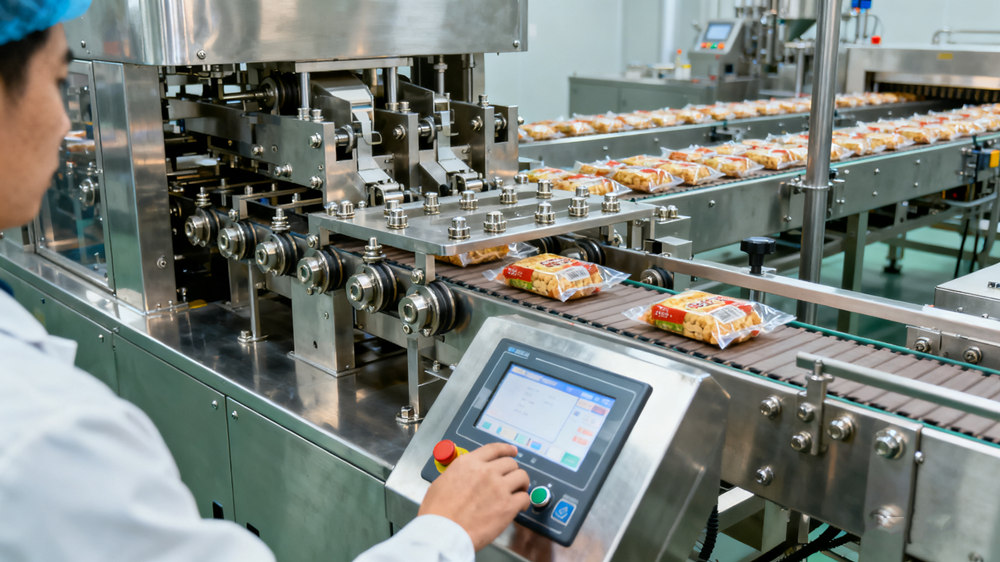In the food industry, equipment must meet strict hygiene, safety, and durability requirements. One of the most critical elements ensuring safety and reliability is the choice of stainless steel fasteners. From conveyors to mixers and packaging machines, the right stainless steel bolt can make the difference between long-lasting performance and frequent maintenance.
This article explains the importance of stainless steel in food processing, explores the grade of stainless steel most commonly used, and discusses why excellent corrosion resistance is essential when the application requires high standards of cleanliness and strength.

Why Stainless Steel Fasteners Are Essential in Food Processing
Food processing environments expose fasteners to moisture, cleaning chemicals, and constant washdowns. Using the wrong fasteners can lead to corrosion, contamination, and equipment failure. Stainless steel fasteners provide the durability, hygiene, and excellent corrosion resistance required to maintain food safety and comply with industry regulations.
Grades of Stainless Steel for Food Industry Applications
Not all stainless steels are the same. The grade of stainless steel determines the mechanical properties, corrosion resistance, and suitability for different food processing conditions:
- 304 Stainless Steel (A2): The most common stainless steel bolt grade used in food equipment. It offers good strength and resistance to oxidation, making it suitable for general processing machinery.
- 316 Stainless Steel (A4): Known for excellent corrosion resistance, especially against chlorides and cleaning chemicals. This grade is recommended when the application requires contact with salt, acids, or harsh sanitizing agents.
- High-Performance Alloys: In cases where extreme durability and resistance are necessary, duplex or specialized stainless steels may be used.
Applications of Stainless Steel Fasteners in Food Processing
Stainless steel fasteners are widely used across different types of food machinery:
- Mixing & Blending Equipment: High-strength stainless steel bolts ensure vibration resistance and prevent contamination.
- Conveyors & Packaging Machines: Require excellent corrosion resistance to withstand continuous cleaning.
- Storage Tanks & Pipes: The application requires sanitary and rust-free fasteners to avoid bacterial growth.
- Cutting & Slicing Equipment: Durable bolts ensure stable performance in machines with frequent use.
Benefits of Using Stainless Steel Bolts in Food Processing
- Excellent Corrosion Resistance – Withstand cleaning agents, moisture, and acids.
- Hygienic Properties – Smooth surfaces reduce the risk of bacterial buildup.
- Durability – Long service life even under continuous operation.
- Compliance – Meets food-grade safety standards.
Conclusion
Choosing the right stainless steel fasteners is essential for ensuring safety, durability, and compliance in food processing equipment. By selecting the right grade of stainless steel, manufacturers and operators can guarantee that each stainless steel bolt delivers reliability where the application requires strength and excellent corrosion resistance.
Investing in high-quality fasteners is not just a matter of durability—it’s a key step in maintaining food safety and operational efficiency.
